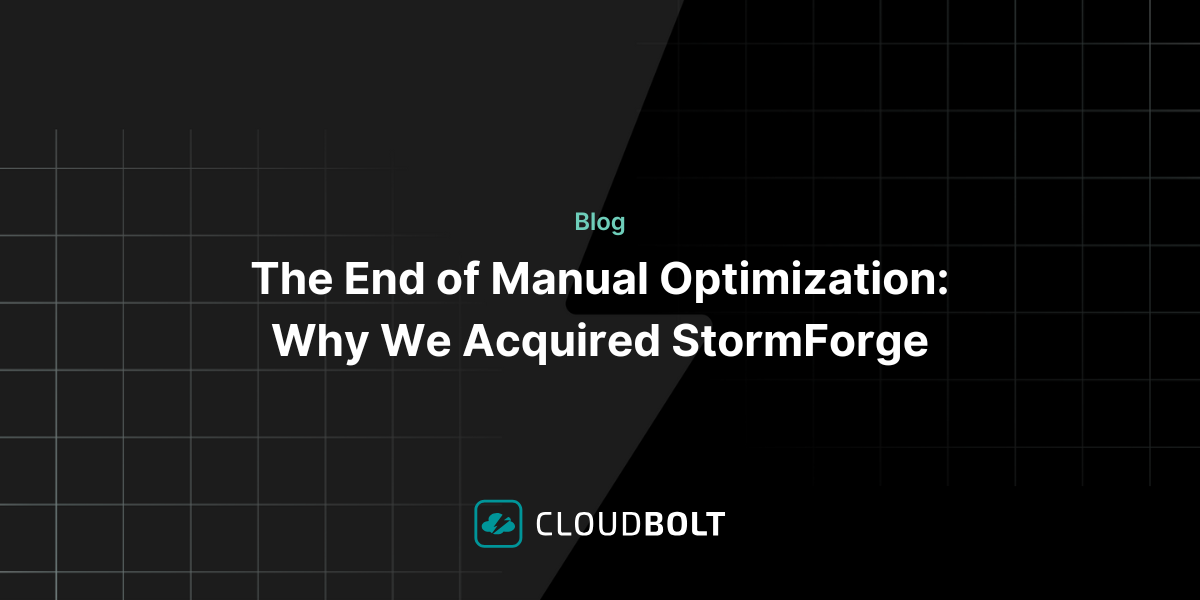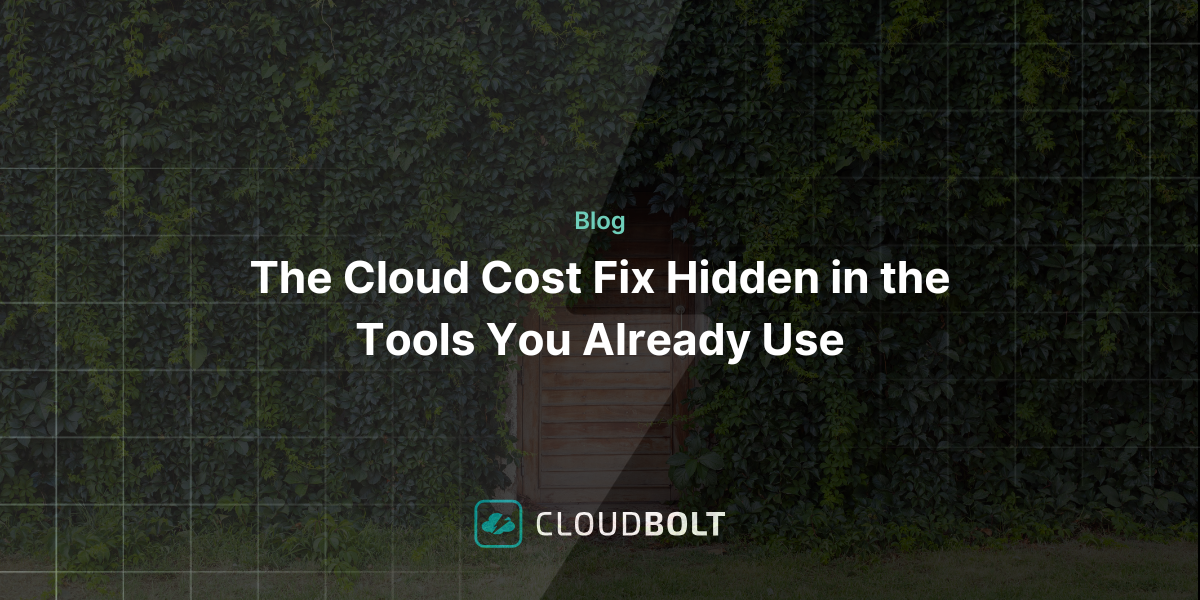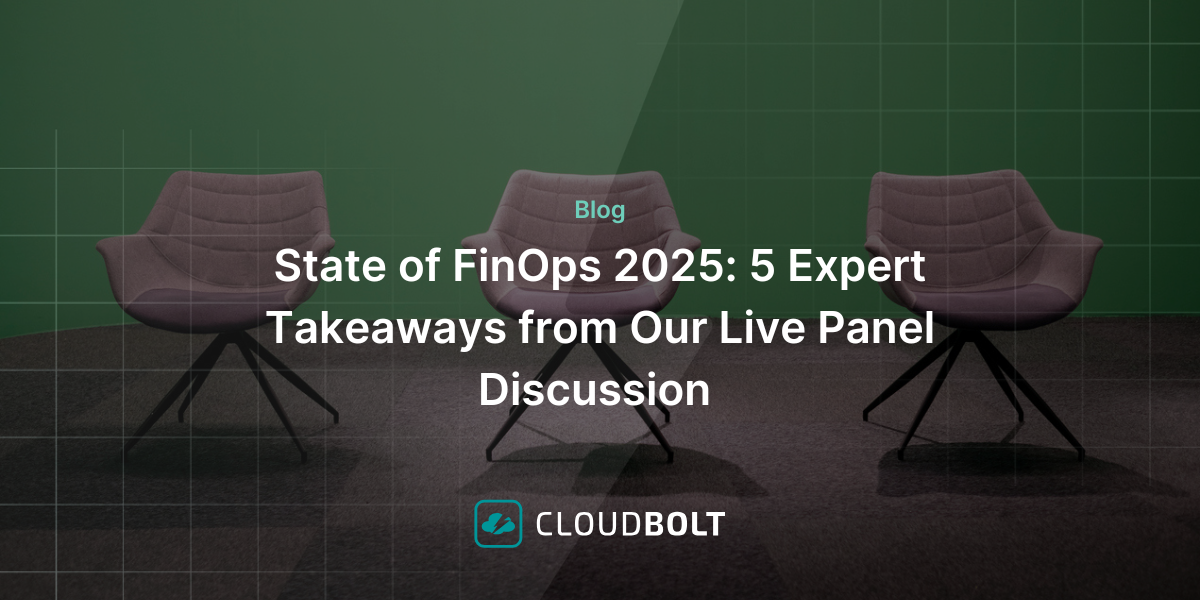A Cloudability Post-Acquisition Guide Ensuring Your Cloud Strategy Remains Uninterrupted
Navigating the FinOps M&A Era
Enterprise IT teams rely heavily on technology and vendor relationships to ensure success. These partnerships not only help solve intricate challenges but also provide the essential tools that businesses demand and assist in scaling operations. The sturdy backbone of modern IT operations often finds itself under threat by frequent mergers and acquisitions in the tech realm. Especially for those enterprises who stay ahead of the curve, it becomes evident how swiftly industry giants often rush to acquire rising vendors, seeking to bolster their own relevance. The world of FinOps isn’t exempt from this reality. In fact, recent acquisitions have made waves in the sector, leaving many Apptio customers wondering what’s next and looking for Cloudability alternatives.
For those of us who have watched this play out many times before, here is some advice for Cloudability customers who fear the worst:
Know the History
The cloud landscape, especially in the realm of FinOps, has seen numerous shifts and turns. The most recent spectacle was when IBM acquired Apptio for a staggering $5 billion – setting a new benchmark for CCMO tools. Yet, this isn’t IBM’s first venture into the acquisition spree. It’s worth noting that the tech giant has made several strategic investments in the past. Be it the acquisition of Nordcloud & Klarity Core in 2020 or the purchase of Turbonomic in 2021, IBM has consistently shown its appetite for expansion. Whether there is a broader strategy remains to be seen. It’s not just IBM; giants like VMware, NetApp, and even Cisco have also made their moves in the market. With such a dynamic past, it becomes paramount to stay updated and be proactive rather than reactive.
Recognize the Early Signs of Acquisition Ripples
Mergers and acquisitions, while potentially lucrative for the companies involved, can be challenging for customers. With every acquisition, there is often a whirlwind of uncertainties: Will the product vision change? Will there be a shift in focus? Will the pace of innovation slow (or stop altogether)? Will TCO increase? And perhaps the most daunting of all – will there be key resource exits? History shows us that acquisitions can come with their fair share of turmoil. Whether it’s challenges integrating companies or the exit of strategic leaders and partners, the consequences of hasty acquisitions can emerge months, even years, after the deal is inked. But with knowledge and vigilance, enterprises can avoid being caught off-guard.
Consider Proactivity with a Migration Blueprint
If the writing is on the wall, or even if it’s just a hunch or even a seemingly distant possibility, ensure you have a migration plan ready. Transitioning to another platform is a significant decision and necessitates intricate planning:
- Establish Your Cross-Functional Representatives: Involve key stakeholders from various departments.
- Frame the Project for Stakeholders: Clearly communicate the importance and scope of the migration.
- Build a Team of Internal Experts: Ensure you have technical expertise within the company to guide the transition.
- Take Inventory of Used Features: Understand your requirements and ensure no data loss during migration.
- Create a Risk Assessment Report: Understand and communicate all potential challenges and risks associated.
- Determine Technical, Time, and Financial Requirements: Outline the resources needed for a smooth transition.
- Create Project Management System for All Parties: Ensure transparency and seamless communication throughout the migration.
- Perform the Migration in Phases: Undertake the migration systematically to ensure thoroughness.
- Test Cases After Each Phase: Regular testing ensures that problems are identified and addressed promptly.
Scout the FinOps Landscape and Make Informed Choices
It’s important to identify and vet your options ahead of time so that you’re not starting flat-footed if/when the time comes to bail on your existing solution. Know your options and have a perspective on your top choice(s). While the cloud financial management space is crowded with both small players and established vendors, it’s essential to prioritize the features and functionality that align with your organization’s needs. With potential uncertainties around vendors after major acquisitions, such as in Apptio’s case, you might be inclined to choose among Cloudability alternatives that are committed to agility and innovation. CloudBolt, for instance, offers more than just a solution; it provides a partnership. Their commitment to continuous development, agility, and customer-focused innovation makes them an appealing choice for businesses seeking stability in an ever-evolving market.
Your Next Step Forward:
In the rapidly changing world of cloud financial management, it’s vital to stay informed, be proactive, and ensure your enterprise is partnered with vendors who share your vision and commitment. With the right knowledge, preparation, and partners like CloudBolt, you can navigate the FinOps space confidently, maximizing efficiency, and ensuring success in all your cloud endeav ors.
Ready to explore your options?
CloudBolt’s guarantee is to be a stable, dependable partner in this ever-evolving space. We know that businesses require a cost management partner that remains consistent in their approach and values. That’s CloudBolt. With us, there are no unexpected shifts or strategic surprises—just agile, customer-focused development designed to lead the market and align with your needs.
If you’re ready to proactively start exploring or if you’ve already made up your mind to move away from your existing solution, please consider CloudBolt to ensure your cloud strategy remains uninterrupted in these turbulent times!
Are you looking for Cloudability alternatives?
Learn the real difference between Cloudability and CloudBolt
Related Blogs

The End of Manual Optimization: Why We Acquired StormForge
Today is a big day for CloudBolt—we’ve officially announced our acquisition of StormForge. This marks a major milestone for us…

